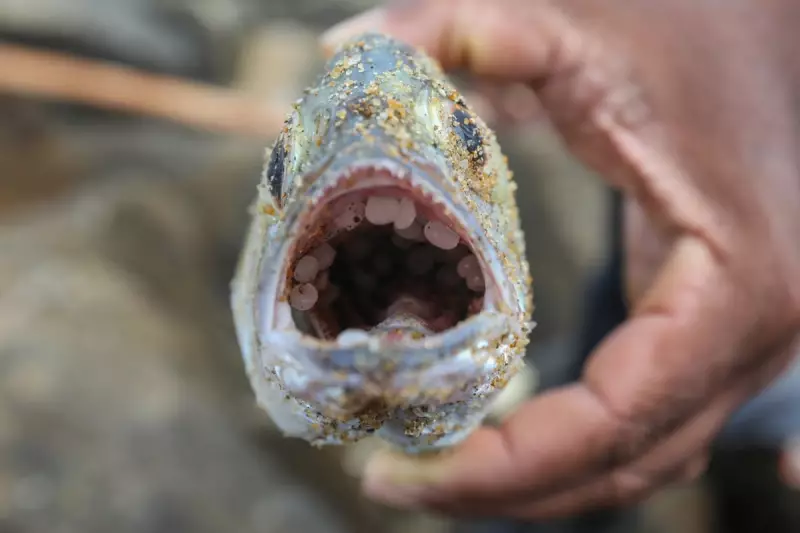
The tranquil beaches of Kerala, India, have become ground zero for an environmental catastrophe few saw coming. Millions of tiny plastic pellets called nurdles are carpeting the coastline, ensnaring fishing nets and threatening marine life in what locals describe as an "unending tide of plastic poison".
The Nurdle Invasion
These lentil-sized plastic particles, the raw material for countless plastic products, have transformed Kerala's picturesque shores into toxic wastelands. Fishermen report hauling in nets full of plastic instead of fish, with some communities seeing catches plummet by 70% since the nurdle invasion began.
Environmental Time Bomb
Environmental scientists warn that nurdles act like plastic sponges, absorbing dangerous pollutants from seawater before being mistaken for food by marine animals. "Each pellet becomes a toxic capsule working its way up the food chain," explains marine biologist Dr. Priya Nair. "Ultimately, these microplastics end up on our dinner plates."
Regulatory Black Hole
Despite numerous pollution reports, authorities struggle to hold anyone accountable. The pellets' anonymous nature makes tracing their origin nearly impossible. Environmental lawyer Rajeev Menon notes: "Current laws treat nurdles as harmless cargo rather than the environmental hazard they clearly are."
Community Resistance Grows
Local activists have launched Operation Nurdle Hunt, organizing mass beach cleanups while demanding government action. "We won't let our coastline become a plastic graveyard," vows fisherwoman Leela Kumari, whose family has fished these waters for generations.
As the crisis deepens, Kerala's battle against these tiny plastic invaders may become a test case for developing nations grappling with the hidden costs of global plastic production.





